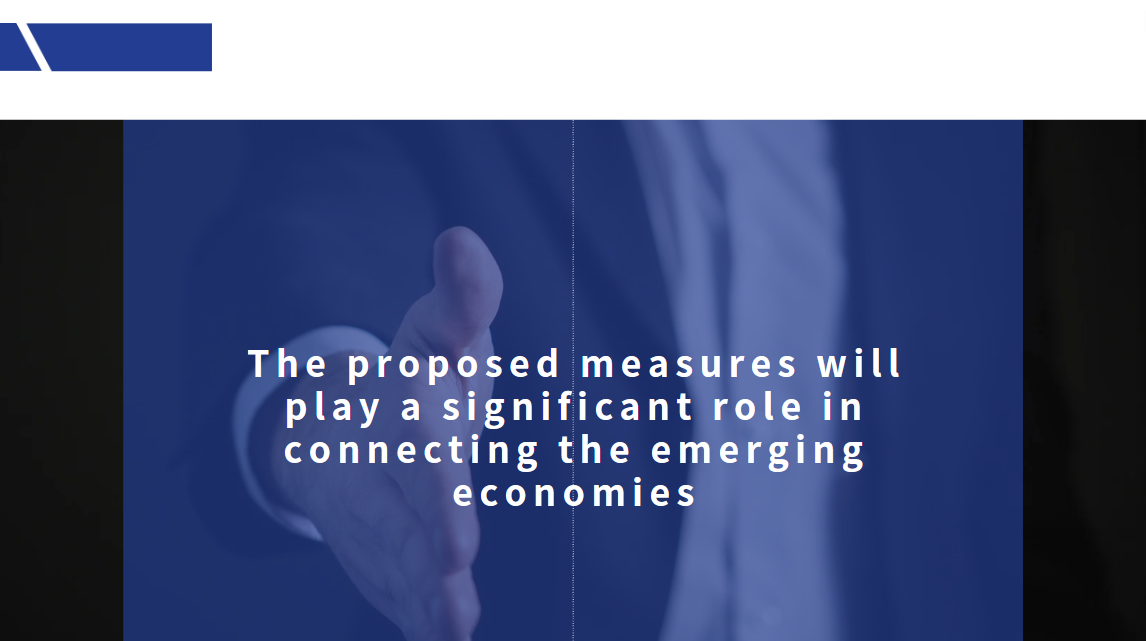New report looks into boosting developing countries’ participation in services trade
The growth of developing economies’ services exports has exceeded the world average over the past two decades but more needs to be done to fully realize the contribution of services trade to development. This is one of the key messages of a new WTO-World Bank co-publication launched by the WTO Director-General, Dr Ngozi Okonjo-Iweala, and the World Bank President, Ajay Banga, at an online event on 3 July.
In her opening remarks, DG Okonjo-Iweala said: “The future of trade is services, digital and green — and it must be inclusive. This new publication translates that conviction into a call for action. It documents how services trade has become a key ingredient in our members' growth and development strategies … including by helping countries diversify and expand their export baskets, making them more resilient to external shocks.”
“The single best way to drive a nail into the coffin of poverty is by giving people a job,” said Mr Banga. “And in today’s world — and in tomorrow’s economy — delivering jobs means a very sharp focus on services. We need to build the tracks for the services train to run on, to run smoothly, quickly and at scale.”
While heavily affected by the COVID-19 pandemic, services trade remains the most dynamic component of world trade. Digitally delivered services have grown at the fastest pace, well ahead of the growth of trade in goods. Services also generate more than two-thirds of GDP globally and represent 50 per cent of the world’s workforce in 2021. In value added terms, services account for 50 per cent of world trade.
The publication — entitled “Trade in Services for Development” — looks at how developing economies can fully share in the benefits that services trade brings to their economies and step up their development prospects.
The need to deepen international cooperation on services trade, including at the WTO, to reduce the costs of trade and to facilitate and expand developing economies' trade and investment in services are among the key messages from the publication. In the broader context of a “Trade in Services for Development” initiative, an Aid-for-Trade package could help strengthen the participation of developing and least-developed economies in services trade, the publication notes. Scaled-up resources are needed to boost the capacities of developing economies to diversify and expand exports, design and implement services trade reforms and supply competitive services to global markets.
Reviving international cooperation could help to bolster the effective participation of all WTO members in services trade negotiations and increase the transparency and predictability of services trade policies.
The publication also highlights that effective access to traded services — ranging from health and education to finance, transport and logistics services — will be key to advancing the United Nations Sustainable Development Goals.
Also participating in the launch event were the United Kingdom's Secretary of State for Business and Trade, Kemi Badenoch, Jamaica's Minister of Foreign Affairs and Foreign Trade, Kamina Johnson Smith, and Rwanda's Minister of Trade and Industry, Dr Jean Chrysostome Ngabitsinze, alongside a panel of private sector representatives. DDG Anabel González and the Chair of the Special Session of the Council for Trade in Services, Ambassador Zhanar Aitzhan of Kazakhstan, also took part in the event.
The full list of speakers can be found here.
The full report is available here.




















































First, please LoginComment After ~